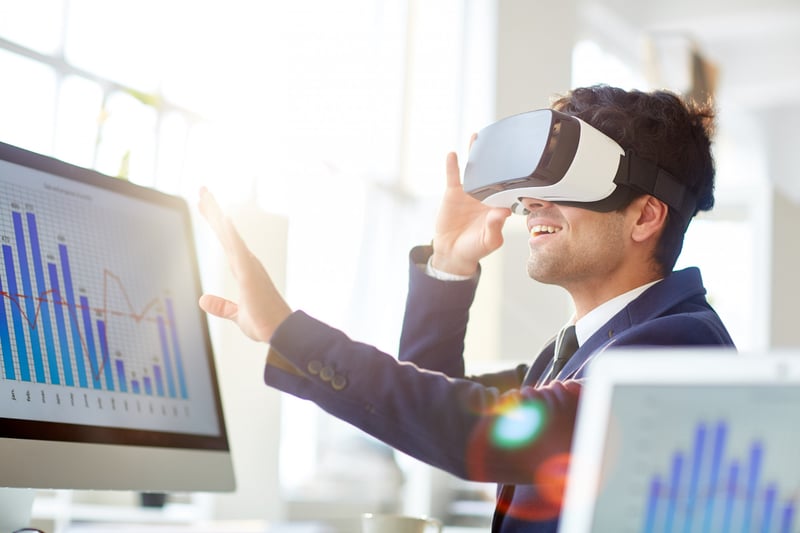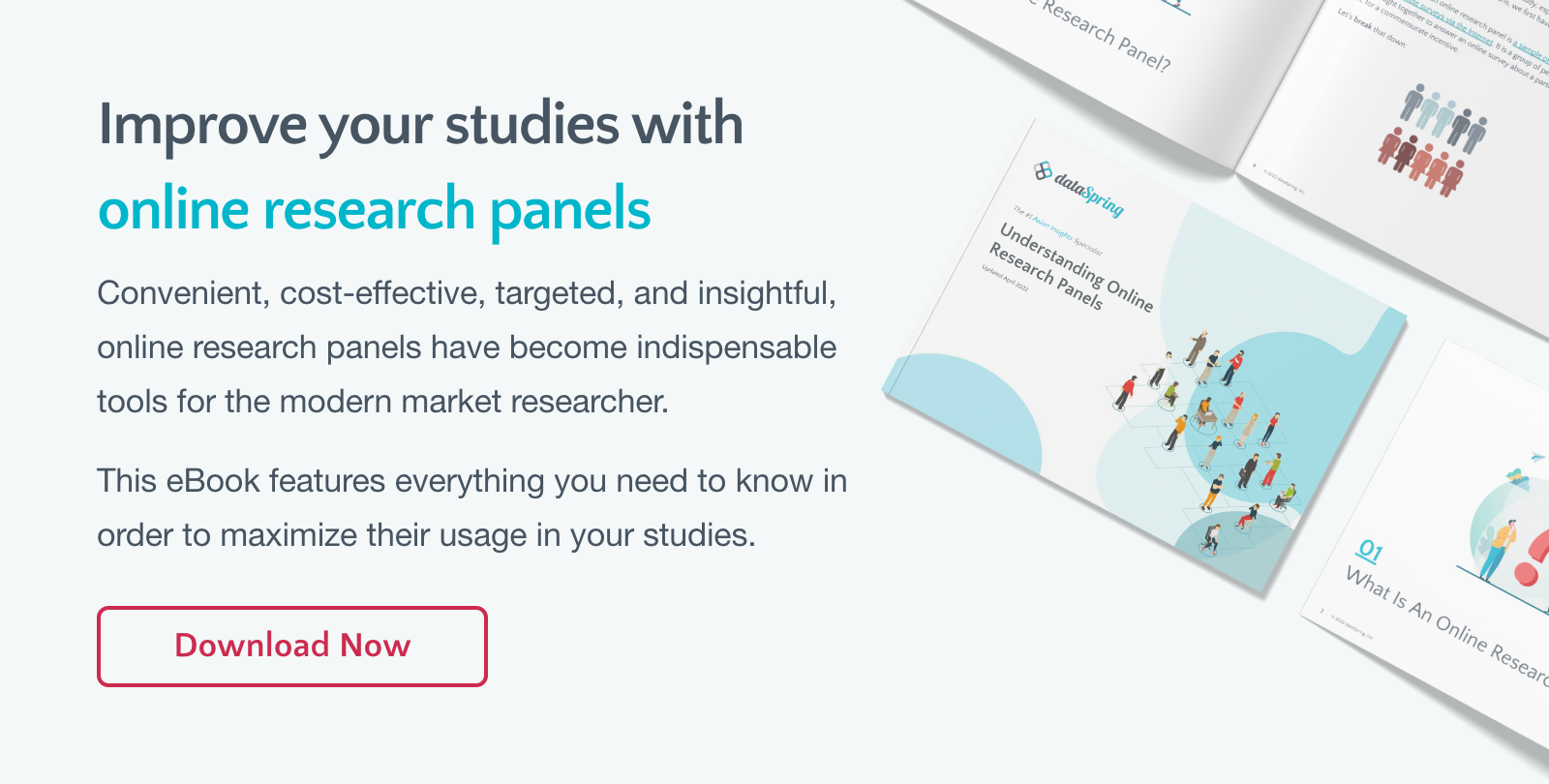
Tron. The Matrix. Ready Player One. Black Mirror’s San Junipero episode.
These are some of the movies and series that tackle the topic of immersive virtual reality that is so convincingly real, people would prefer spending the rest of their lives there. This may have been once considered a radical idea that remains virtual, or a buzzword that was thrown around in conferences for the past few years, but everything changed when one social media announcement made us realize how close we are to actually live this concept.
On October 28, Mark Zuckerberg, CEO and co-founder of Facebook, announced in Connect 2021 that the Facebook company will be called Meta. More than just a name change, Meta’s focus is to “bring the metaverse to life and help people connect, find communities and grow businesses.” When he talked about the metaverse in his keynote, the reaction from the crowd is a combination of amazement and confusion. Forget the flashy photos and keynote speech - what first is a metaverse?
Basically, the word “metaverse” is a portmanteau of the prefix “meta” (beyond) and “universe”, and it means just like that – it is a universe beyond the real universe. It was coined by sci-fi novelist Neal Stephenson in his 1992 book Snow Crash, where the protagonists refer to it as a virtual world where they retreat to again and again, in response to an absurd real world thoroughly exploited by capitalism. They enter the metaverse through augmented reality glasses, and they can be in the real world and in the metaverse simultaneously. This “two worlds at the same time” dilemma leads to an existential issue – it is not clear to the person you are talking to in which world you are currently communicating.
The concepts in the book are eerily becoming all too familiar with recent developments in VR technology. Mobile devices become more powerful as they become smaller, virtual reality and augmented reality are no longer just gimmicks, and massive online virtual communities are the norm, especially among gamers.
Having a virtual world, with its own set of rules, economy, and equipment, appears to be the inevitable next step for the internet, and companies are making huge steps to go towards it. For example, Epic Games, the company behind the massively successful battle royale game Fortnite, is bent on developing a community of gamers that interact with one another and build their own pocket worlds. When they invited rapper Travis Scott to perform a virtual concert in April 2020, 12.3 million people from across the world were in Fortnite at the same time. They have also established an in-game currency, which players trade with real cash to equip their avatars. Fortnite has gradually become a global phenomenon, not only crossing cultures around the world, but creating its own culture and its own world.
With all this metaverse talk, where will market research takes its place in this new world? The metaverse itself will serve both as a tool and a product of market research. Surveys, interviews, and even ethnographic recordings can be done virtually, taking all real-world processes into augmented reality. Screening and verification of data will again be the primary concern to maintain authentic data.
Here are initiatives that market researchers can do in the metaverse:
- Heat maps – A company called MetaVRse introduced a tool called Z-dimension, which allows for real-time heat maps of consumer behavior.
- Virtual design testing – Companies can first release their products virtually and have people try them out and comment on the design before releasing a physical product in the real world
- 3D data visualization – Logistics company Kuehne+Nagel recently compiled data from its massive supply chain and used a combination of AI and VR for analytics, helping accelerate the understanding of what processes relate to each other.
- Collaborative analytics – BadVR, the world’s first immersive data analytics platform, allows users from the same team to view, adjust, and visualize data in interactive 3D form, then collaborate on how to proceed.
Some companies and agencies might shrug off the metaverse as just another gimmick, but to say that the transition of the internet towards this is inevitable is an understatement. According to the accountancy firm PricewaterhouseCoopers, the virtual and augmented reality market is predicted to grow in value from 46.4 billion USD in 2019 to 1.5 trillion USD in 2030. Key industry players are bracing themselves for it, as big consumer brands like Taco Bell, Gucci, and Coca-Cola are already testing the waters for virtual products. These can be viewed not only as signs of virtual transition but also as untapped opportunities for companies to develop new marketing insights and craft their brands ahead.
If you plan to develop a study using online research panels, check out our primer here.


 Download Panel Book
Download Panel Book


